RAY LILLEY
WELLINGTON — The Associated Press Last updated on Tuesday, Mar. 31, 2009 09:13PM EDT
Researchers studying a rare and endangered species of penguin in New Zealand have uncovered a previously unknown species that disappeared about 500 years ago.
The research suggests that the first humans in New Zealand hunted the newly found waitaha penguin to extinction by 1500, about 250 years after their arrival on the islands. But the loss of the Waitaha allowed another kind of penguin to thrive – the yellow-eyed species, which that now also faces extinction, Philip Seddon of Otago University, a co-author of the study, said Wednesday.
The team was testing DNA from the bones of prehistoric modern yellow-eyed penguins for genetic changes associated with human settlement when it found some bones that were older and had different DNA.
Tests on the older bones “lead us to describe a new penguin species that became extinct only a few hundred years ago,” the team reported in a paper in the biological research journal Proceedings of the Royal Society B: Biological Sciences.
Polynesian settlers reached New Zealand around 1250 and are known to have hunted species such as the large, flightless moa to extinction.
Dr. Seddon said dating techniques used on bones pulled from old Maori trash pits revealed a gap in time between the disappearance of the Waitaha and the arrival of the yellow-eyed penguin.
The gap indicates the extinction of the older bird created the opportunity for the newer to colonize New Zealand's main islands about 500 years ago, said Sanne Boessenkool, an Otago University doctoral student who led the team of researchers, including some from Australia's Adelaide University and New Zealand's Canterbury Museum.
Competition between the two penguin species may have previously prevented the yellow-eyed penguin from expanding north, the researchers noted.
David Penny of New Zealand's Massey University, who was not involved in the research, said the waitaha was an example of another native species that was unable to adapt to a human presence.
“In addition, it is vitally important to know how species, such as the yellow-eyed penguin, are able to respond to new opportunities,” he said. “It is becoming apparent that some species can respond to things like climate change, and others cannot. The more we know, the more we can help.”
The yellow-eyed penguin is considered one of the world's rarest. An estimated population of 7,000 in New Zealand is the focus of an extensive conservation effort.
Source:
http://www.theglobeandmail.com/news/technology/science/scientists-find-extinct-penguin/article722991/




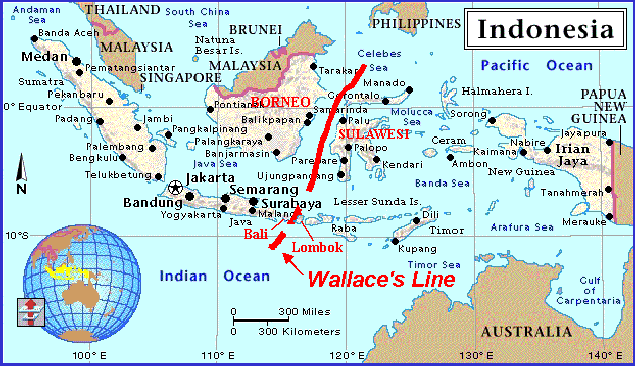


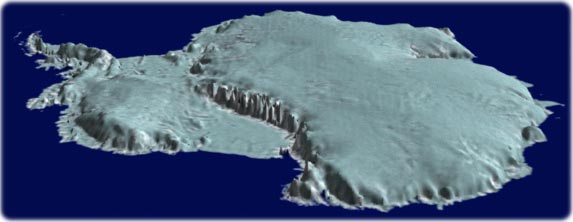
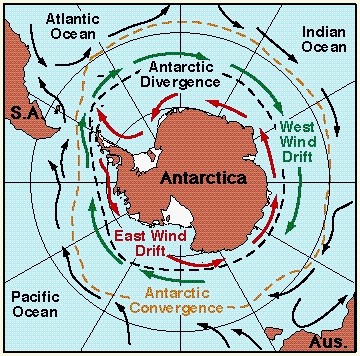





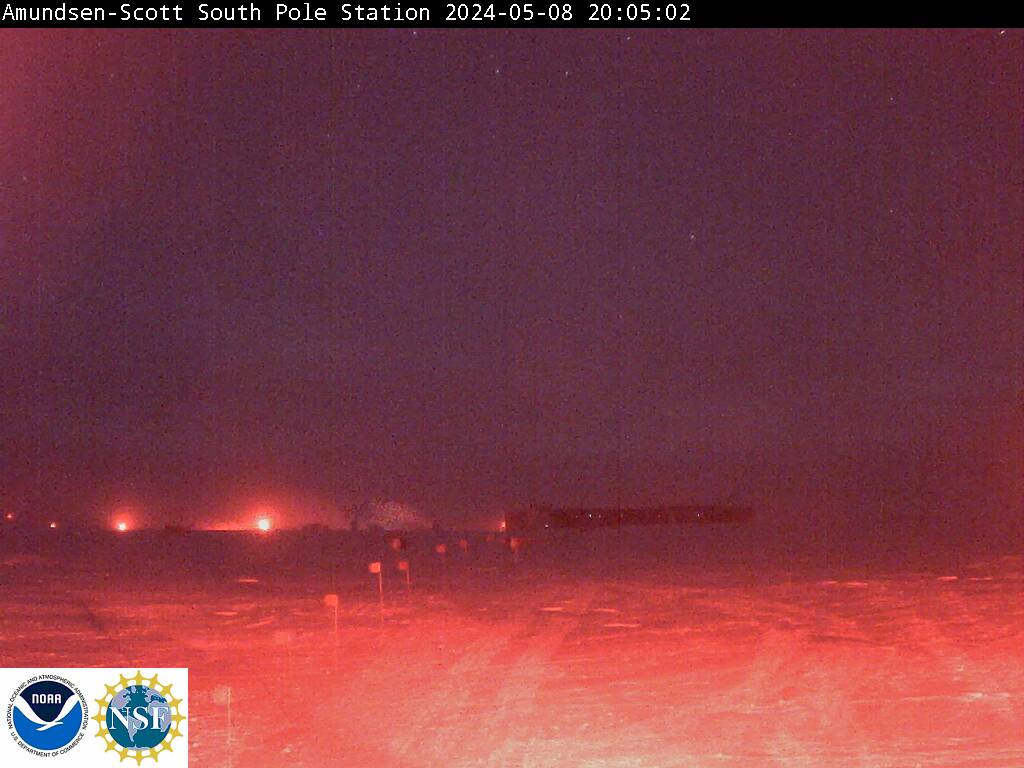
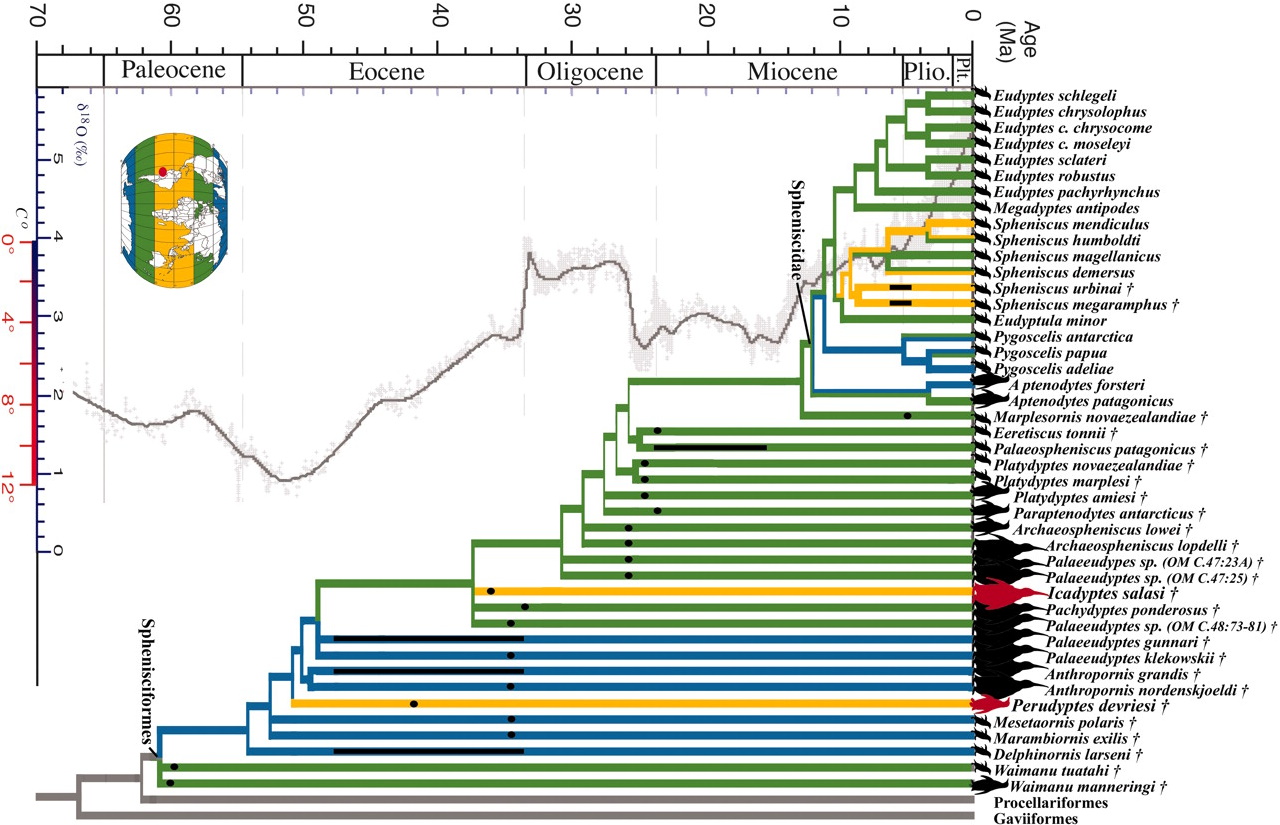

No comments:
Post a Comment